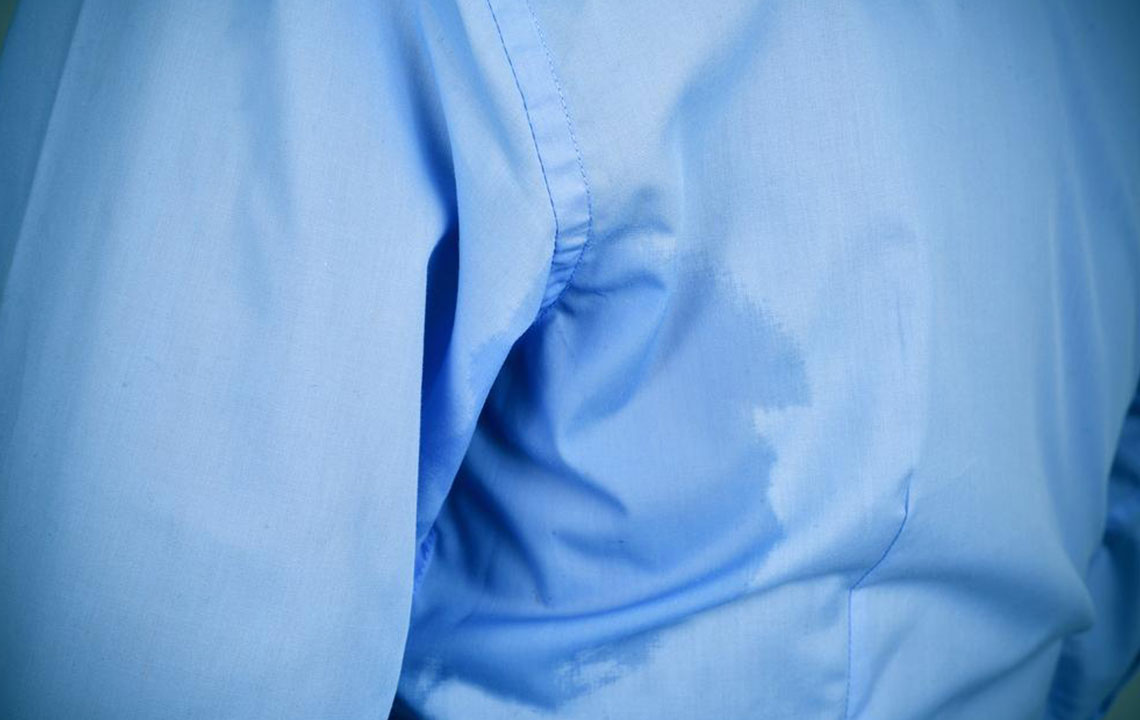Understanding the Common Causes of Excessive Sweating
This article explores common causes of excessive sweating, known as hyperhidrosis. It details types, contributing medical conditions like hyperthyroidism, menopause, stress, and more. Treatment options such as medications and lifestyle adjustments are discussed. Always seek professional advice for diagnosis and management of excessive sweating, especially when caused by underlying health issues. Clear understanding of causes can help in selecting appropriate treatment and improving quality of life.

Understanding the Common Causes of Excessive Sweating
Hyperhidrosis is a condition characterized by abnormal and excessive sweating beyond what is necessary to regulate body temperature. While sweating during hot weather, physical activity, nervousness, or fever is normal, those with hyperhidrosis experience intense perspiration that may occur even in cool environments, like air-conditioned rooms. This persistent sweating can affect daily life and self-esteem.
Hyperhidrosis is categorized into two types:
Primary hyperhidrosis: Excessive sweating localized to specific areas such as hands, feet, face, or armpits without an underlying cause. It typically isn’t a health threat and often requires no treatment.
Secondary hyperhidrosis: Widespread sweating across the entire body caused by an underlying medical condition, which may require medical intervention.
Hyperthyroidism, where heightened thyroid hormones accelerate metabolic processes, often leads to increased sweating.
Some medications, including certain blood pressure drugs, antibiotics, and supplements, can trigger excessive perspiration.
Hormonal fluctuations during menopause can cause hot flashes and sweating episodes.
Stress, anxiety, and psychiatric conditions may increase body temperature, leading to sweating. Certain psychiatric medications can also cause this side effect.
Low blood sugar, or hypoglycemia, is another contributor to heavy sweating.
Cancer types such as lymphoma and liver cancer are sometimes linked to excessive sweating, especially at advanced stages.
Pregnancy causes hormonal shifts and increased blood flow, often resulting in more sweating.
Smoking and withdrawal from drugs like opioids and alcohol stimulate sweat production through chemical release.
Other factors include obesity, neurological disorders like Parkinson’s, rheumatoid arthritis, infections, and gout. Treating hyperhidrosis typically involves anti-perspirants, medical therapies like iontophoresis, or medications to reduce gland activity. Addressing underlying health issues is essential for secondary hyperhidrosis. Always consult healthcare professionals before starting any treatment.









